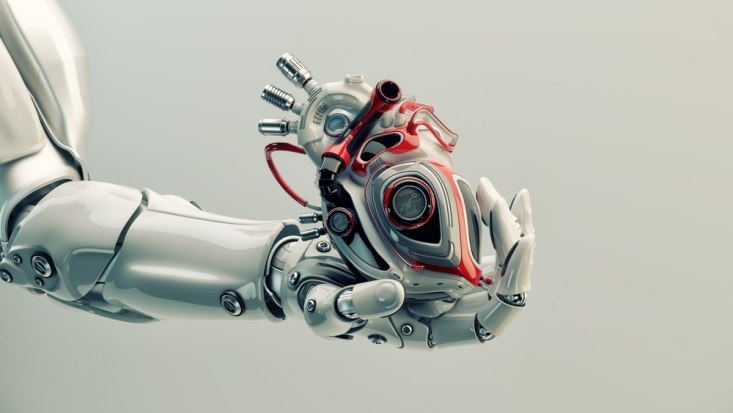
Biomedical engineering has long been a driver of advances in healthcare. From new technologies to diagnose and treat some of the most complex disease to advances that improve quality of life for everyone, the work taking place in labs around the world right now is likely to change the face of healthcare in both the short- and long-term future.
Although there are literally thousands of different projects taking place at this very moment, there are some definite trends taking place in biomedical engineering.
Trend #1: Improving Assistive Technologies
Prosthetic technology has already made significant strides in recent decades. Thanks to advances in materials and development, prosthetics are not only lighter and easier to use, but more advanced than ever before. However, biomedical engineers are working on even more advanced prosthetics that can only be referred to as bionic. In fact, some predict that it won’t be too long before amputees will actually be able to control their prosthetics using their minds, just like a biological limb. Chip-enabled prosthetics are on the horizon, but so are limbs that have more mobility and flexibility, or even auxiliary motors that can help provide additional strength and power, making the limb easier to use.
Moving beyond prosthetics, engineers are also working on additional robotic devices that will continue to blur the lines between therapeutic and assistive devices. For instance, researchers are developing robotic exoskeletons to assist people with muscle weakness and other mobility issues. Essentially, the exoskeletons will allow individuals to function in home and community, with the technology providing the right balance between help and actually performing the movements for the patients. Robotic assistive technologies for other healthcare functions are also in development; for instance, engineers are working on robotic “assistants” that can help providers with the lifting and transfer of patients, to prevent injuries.
Trend #2: Improving Medical Imaging
Medical imaging is no longer limited to simple 2-D X-rays. We already have ultrasound, CT scans, MRI, and host of other technologies, but biomedical engineers are hard at work developing new and improved imaging options. For example, Japanese researchers are working on forms of medical virtual reality, which would provide more accuracy and better outcomes in image-guided surgery. Other projects are devoted to improved cardiac and lung imaging, giving physicians real-time views of the cardiovascular system.
Trend #3: Artificial Intelligence
Artificial intelligence and its applications is dominating the conversation in all industries, but perhaps none so much as healthcare. Biomedical engineering, and as a result, biomedical engineering degree online programs, have changed their focus away looking at single molecules and toward analyzing how entire networks of molecules work together to create an entire system. Students and researchers are learning how to combine this research with other disciplines, like informatics, to gain a better understanding of how systems function and the influence of various factors on those functions, and use that info to develop more effective treatments.
For instance, Google’s DeepMind project is using both biomedicine and informatics to analyze data related to kidney disease patients in Britain’s National Health Service. This project is designed to identify potential complications, as well as effective protocols, sooner than might be determined by providers, using the intelligence gained via data. Should this project prove successful, similar AI and machine learning projects will be launched worldwide.
Trend #4: Brain Research
The brain remains one of the most mysterious parts of the human body, and researchers are continually involved in research designed to better understand it. In fact, a content analysis of papers presented at the 2014 Engineering and Medicine in Biology Conference revealed that brain research is the hottest trend in biomedical engineering, with the word “brain” and other associated terms, including “neuro,” “transcranial,” and “EEG,” appearing in paper titles more often than any other. Research in this area is far reaching and diverse; researchers in China, for instance, are working on methods of restoring brain function after brain disease using different forms of stimulation, while others are working on the neural technology to power prosthetics.
Trend #5: Wearable Devices
Last but not least, biomedical engineers are also part of the new wave of wearable devices that will have applications far beyond tracking your steps each day. Wearables are advancing: Soon, the devices will be able to collect more detailed information about your health, while also serving as a conduit to medical providers, who can use the data collected to provide better care.
Trends come and go, and biomedical engineering trends are no different. Who knows that we will see in the next one, five, or even 10 years, but there is no doubt that it will be exciting and change everything we think we know about bioscience.
